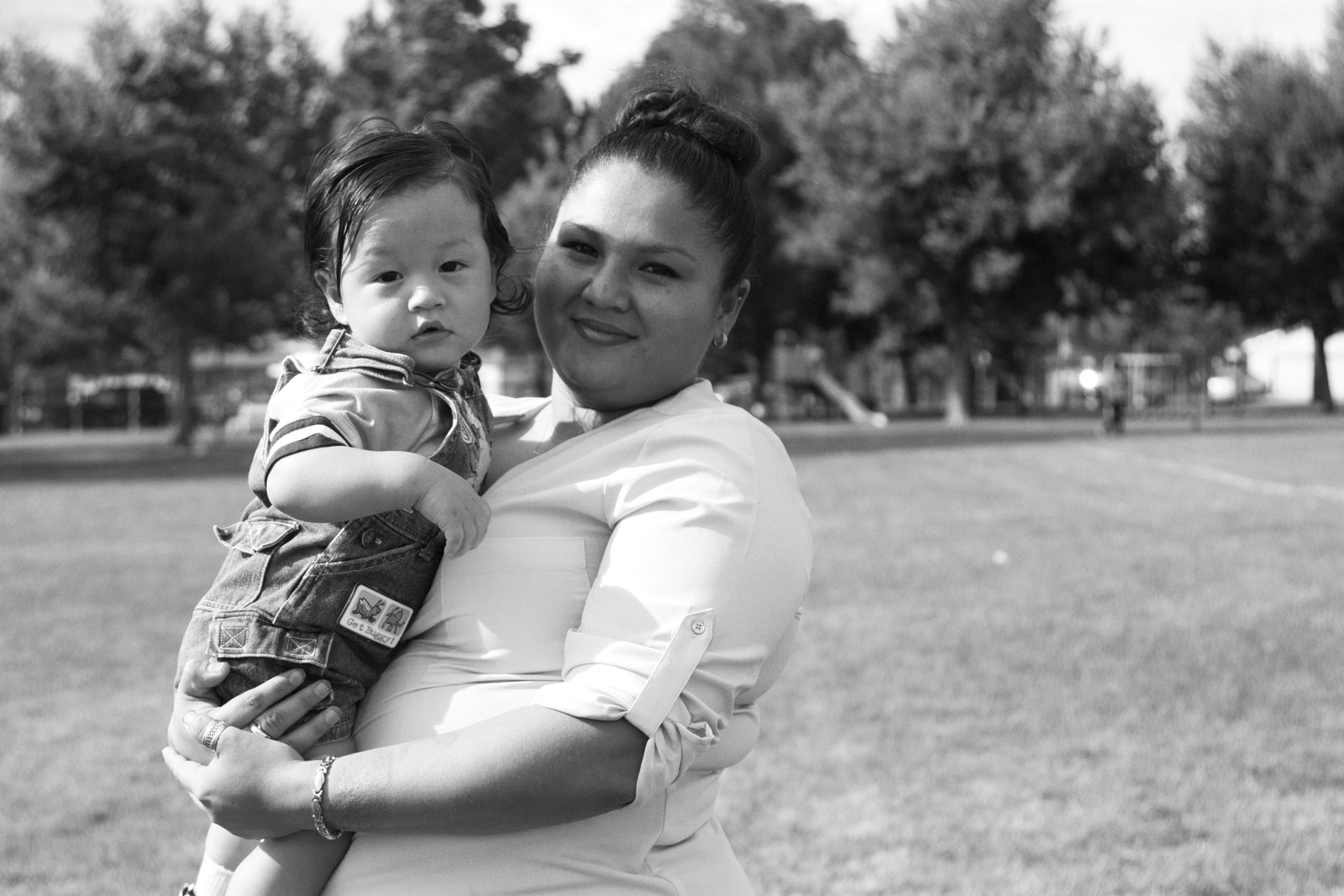The Local newsletter is your free, daily guide to life in Colorado. For locals, by locals.
A teenage girl named Zaíra sits in a small federal courtroom in Denver in June 2013. She worries that after all she’s accomplished, the judge is going to send her thousands of miles away, back to Honduras. Away from her mother. Away from the rest of her family and their apartment in Aurora, a place where she finally feels comfortable. On that summer day, and at each subsequent appearance, Zaíra sits amongst the other children, also in limbo, and waits for the judge to call her name.
Zaíra is one of hundreds of children from Central America to pass through this Denver courtroom over the past two years. She’s also one of more than 100,000 “unaccompanied minors” (the official government term) who began showing up at the United States–Mexico border in greater numbers beginning in 2012 and making international headlines last year. They came mostly from Honduras, El Salvador, and Guatemala—three of the top five countries worldwide for homicide rates. In many cases, they fled their birth countries in search of a place that truly felt like home.

Zaíra’s journey began long before she crossed the border. When she was only four or five years old, her mother left Honduras without Zaíra to come to the United States because she hoped she’d be able to earn enough money to one day give Zaíra a better life. More than a decade later, in 2012, the two were still separated. Zaíra struggled in Honduras; she says an uncle physically abused her. A concerned neighbor who’d witnessed the abuse called her mother, and that was it: Crying over the phone, Zaíra’s mother immediately began to make plans for Zaíra to leave Honduras.
The decision was an easy one, but the logistics of reuniting a family over international borders are much more difficult to accomplish. Zaíra traveled more than 2,000 miles north for two weeks, mostly by bus, with a group of other children bound for uncertain futures in the United States. When they got to the United States–Mexico border, a man instructed them to place their belongings in plastic bags, climb into tires, and use their hands to paddle across the Rio Grande. When she made it to the other side, Zaíra climbed out and began to walk. A few minutes later, she was surrounded by guard dogs and U.S. border agents, who placed Zaíra in handcuffs and took her to a concrete cell somewhere in Texas.
It would take three months before she was finally transferred to Colorado and reunited with her mother. Then her court appearances—to make America her permanent home—began. Abbie Johnson, a managing attorney for the children’s program at the Rocky Mountain Immigrant Advocacy Network, took on Zaíra’s case, which was lucky because many of the unaccompanied minors who have arrived over the past two years have been forced to appear in court alone. Earlier this year, after six appearances in court, Zaíra won her case for asylum.
Aurora is finally her official home. This spring, she graduated high school. She’s still working on her English but hopes to eventually attend college to study law or art. She’s also a new mom (her son Haziél is pictured above). Every once in a while she thinks back to her time in Honduras. The only thing she misses is the food. These days, for Zaíra, home is a feeling as much as it is a place. Says Zaíra, “I feel good here.”
*Last name withheld
Backlog
A new fund helps hundreds of refugee children seeking asylum in Colorado.
Asylum cases for unaccompanied minors have always made their ways through the courts in Denver, just in significantly smaller numbers. Typically 20 to 30 each month—enough for a single docket. During the waves of arrivals over the past two years, however, the dockets have grown to five or six times that. Hundreds of kids appear in court each month looking for a permanent home.
Abbie Johnson is one of eight full-time lawyers at Rocky Mountain Immigrant Advocacy Network (RMIAN), and as the unaccompanied minor cases have surged, the group has struggled to keep up. Earlier this year, the Colorado Bar Association (CBA) offered help. The group’s board voted unanimously to contribute $50,000 so that RMIAN could increase its staff and handle the influx of children’s cases. It was the largest grant the CBA has awarded. Additionally, more than 100 local attorneys offered to each take one case pro bono to help ensure that no child has to appear before a judge alone.








